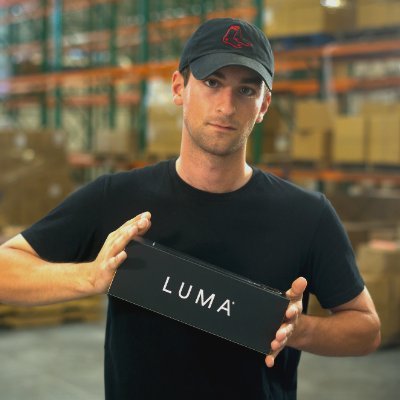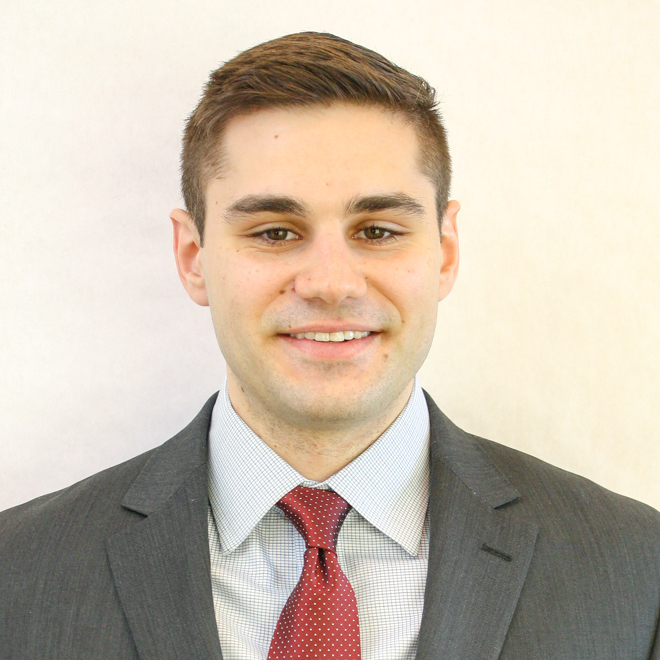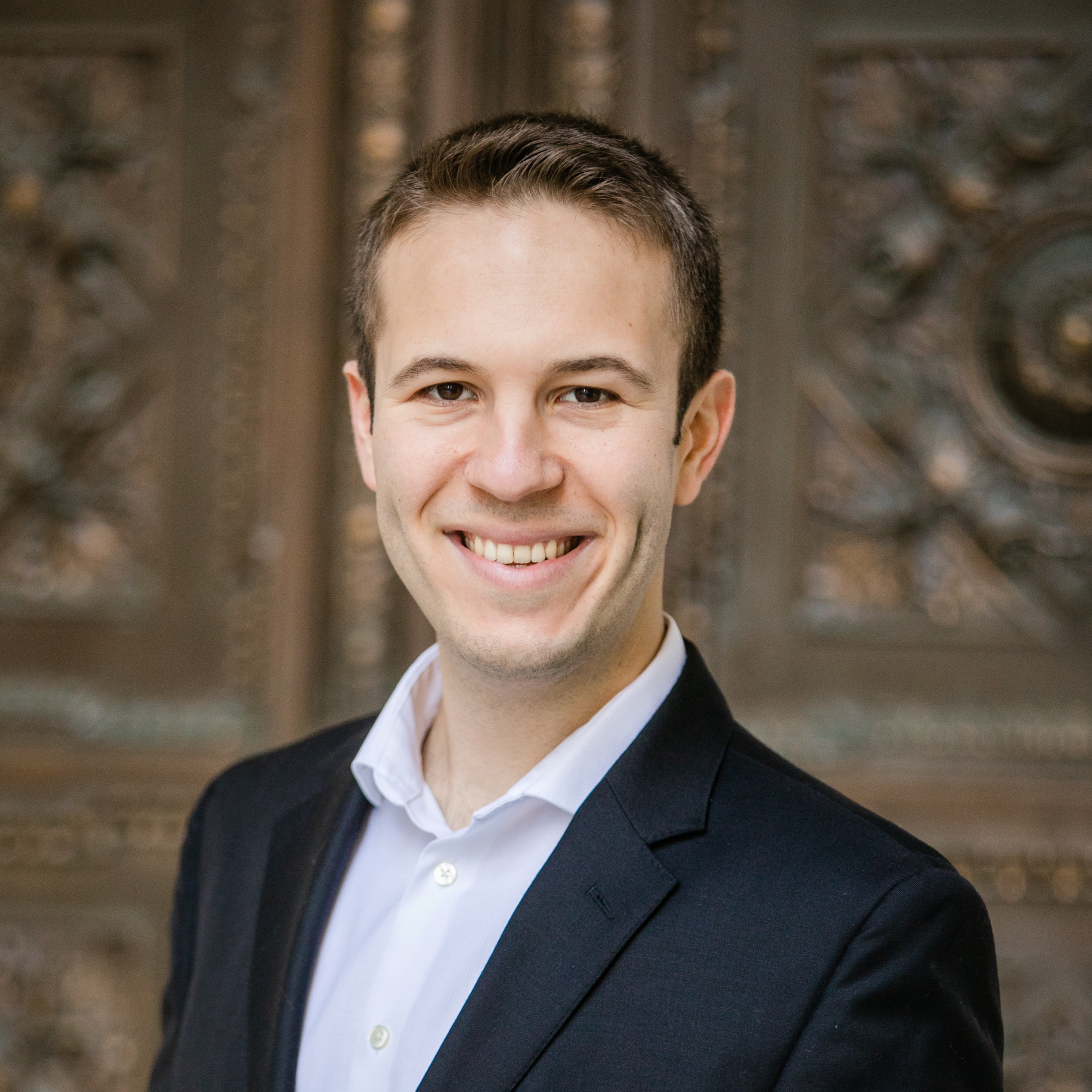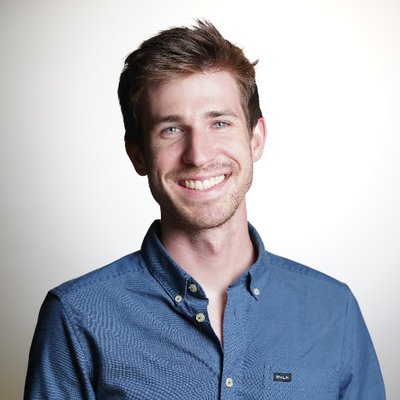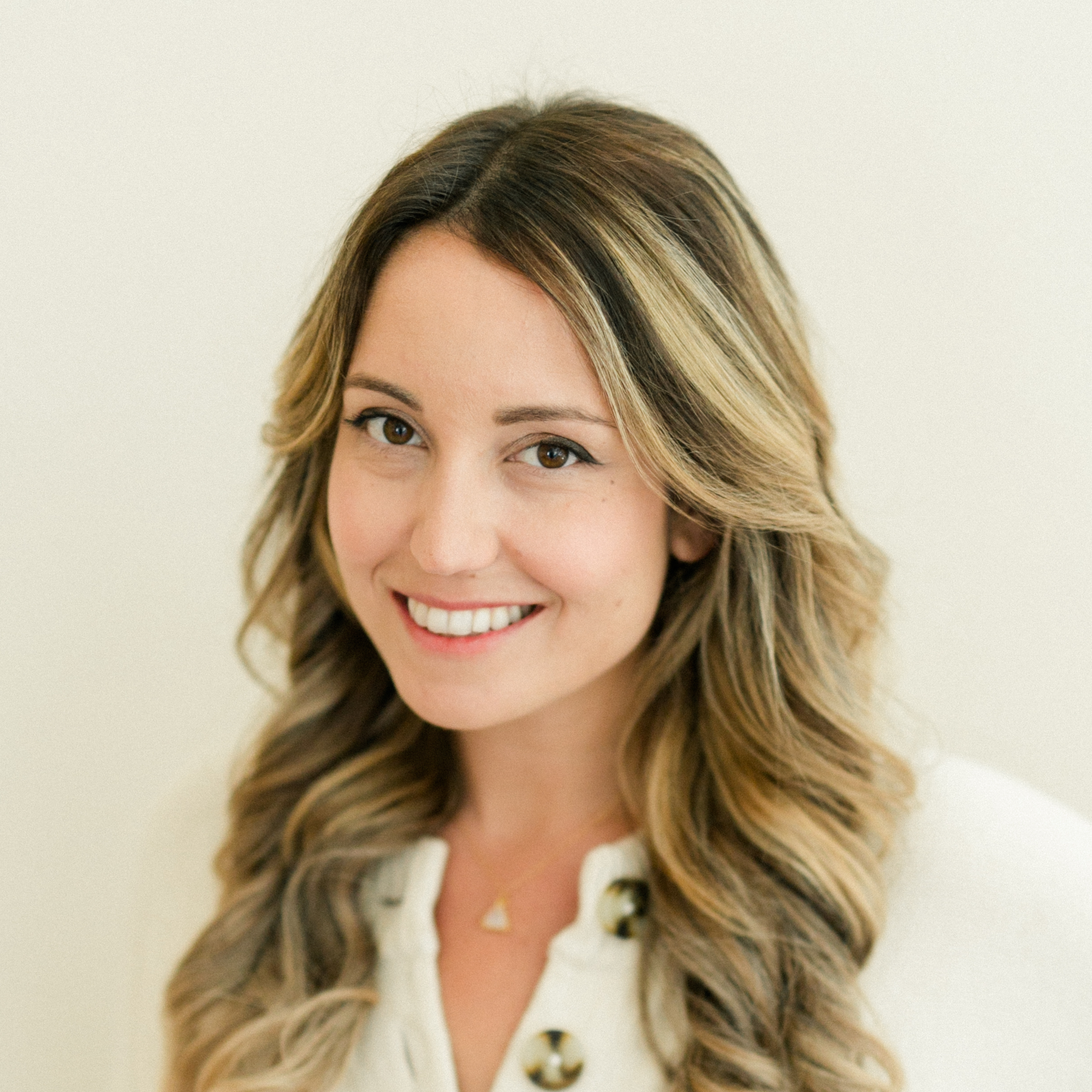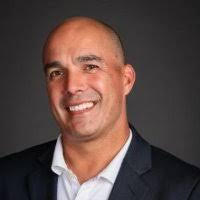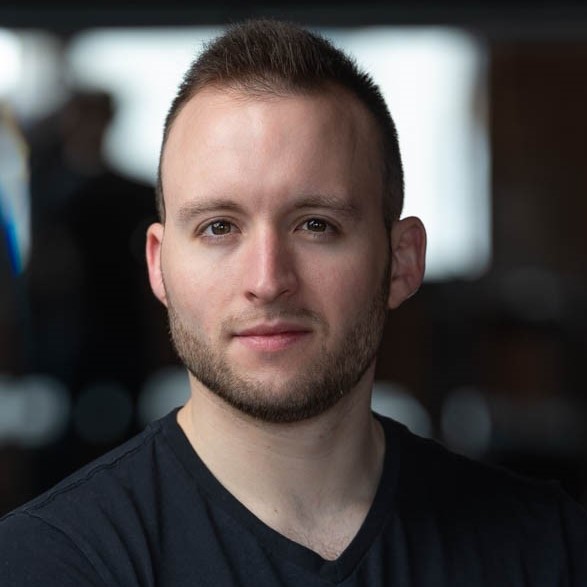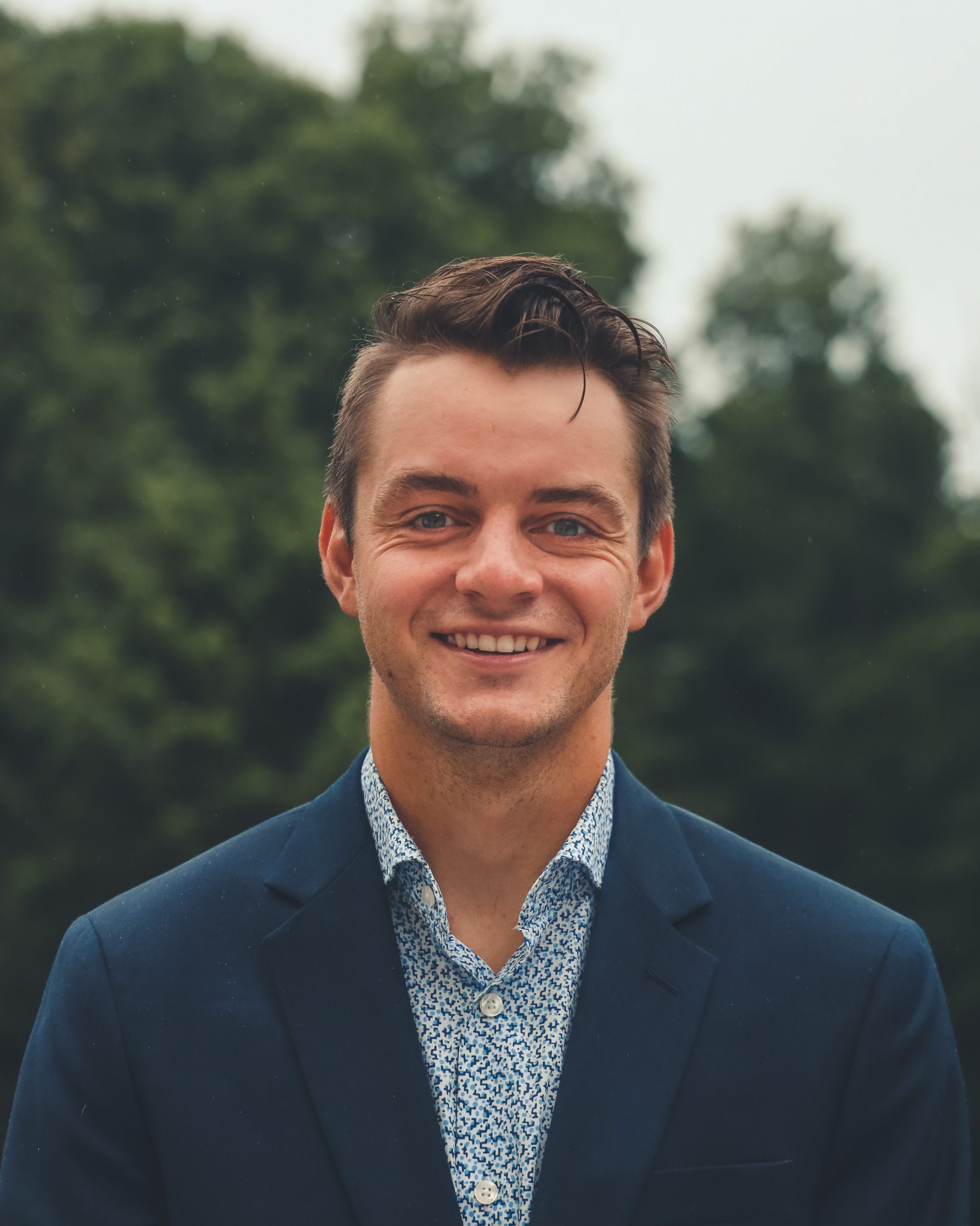
Founder, Find The Good Brand/UConn Entreprenuer in Residence
Get to know Jack Tarca, the Werth Institute's new Entreprenuer in Residence with Championship Labs.
What do you do now and how did you get where you are?
I am pursuing my mission driven apparel brand full-time, while becoming the first Entrepreneur in Residence at the Werth Institute here at UConn. I was able to achieve success with my company while a student at UConn, using the resources, network, and knowledge found all throughout UConn’s ecosystem. Most important, I never stopped putting ideas into action.
What do you find most fulfilling about your job?
Seeing an idea go from idea to reality. Whether it’s a physical piece of apparel that we’re developing, an inspiring post about well-being, or a new e-commerce strategy we’re implementing, taking something in your head and proving its success in the real world never gets old.
How do you help your organization use business to have a positive impact on the world?
We aim for our business to positively impact anyone who’s engaging with our brand. Whether it’s through our content or purchasing a product, we want to add value to everyone who hears about our business. We’re in the business of helping people live happier and healthier lives. We do this through spreading our mantra of “finding the good”. These three simple words have been proven to have a positive impact on thousands of people’s lives. From spilling your morning coffee, to making it through months of rehabilitation for a mental disease, our community has told us that these three simple words were the reason they were able to get through the day.
Which business tool or resource do you recommend to others, and why?
I recommend “Notion”, it’s a project management and note-taking application. You can use it for personal use or at a business level. It’s user friendly, organized, but also has the ability to be customized as you see fit. I use it for storing brand assets, writing all sorts of copy, calendars, and collecting inspiration via photos and links. It does it all, without being overwhelming.
What is the biggest lesson you have learned so far since graduating?
In my two months after graduating, I’m still adjusting to working full-time and not having any assignments due at 11:59pm on Husky CT. In this short time, I’ve learned that I have new goals for the first time in four years. Throughout college my main goals were graduating, landing a job, and building a brand. It’s interesting to have to re-evaluate goals that have been set for so long, but also exciting to take on new challenges. Every milestone I’ve hit post-graduation has also meant creating a new one, which is sometimes more difficult than achieving the milestone itself. The lesson here is to always be ready for what’s next.
What is the best advice you've ever received?
Done is better than perfect.
What did your time at UConn mean to you?
My time at UConn was invaluable. I gained confidence to pursue my ideas that hadn’t been proven yet, as well as the perseverance and resources to see them through to reality. UConn for me was a place to test ideas and fail, knowing that there were resources available to help me learn from my mistakes was crucial as I began my entrepreneurial journey.
What are you passionate about outside of work?
I’m passionate about the ocean. I try to spend as much time on the water as I do on land. From fishing, to boating, to surfing, you can find me on the water when I’m not working. At Find The Good Brand we talk about finding your “spot”, it’s like a happy place you go to, to practice mindfulness. The ocean is my favorite “spot”.
What's next?
Next, I’ll be heading back to UConn to build resources for student athletes and social media influencers to help grow accessibility in entrepreneurship at UConn. The world of college athletics has been changed forever and I’m excited to be at the forefront of such an impactful movement for NIL. I will also continue to build Find The Good Brand, when I’m not busy helping students at UConn pursue their passions.
